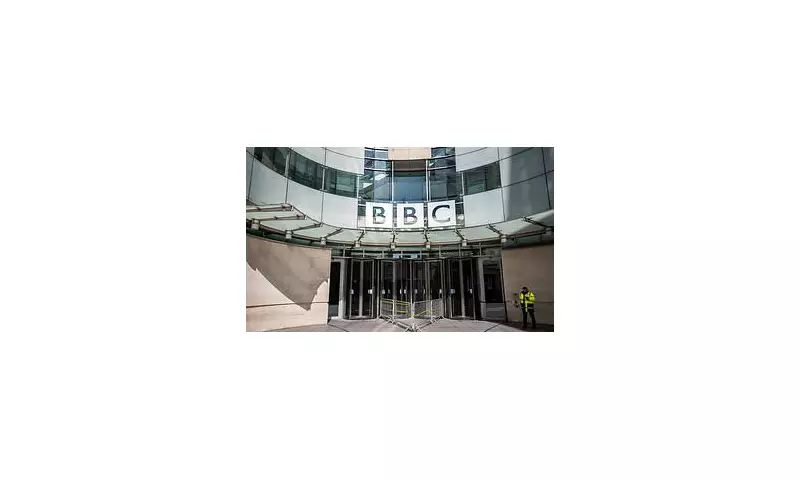
The BBC has implemented a sweeping ban on journalists wearing Black Lives Matter badges and T-shirts while on duty, as part of a major impartiality crackdown announced by Director-General Tim Davie.
Strict New Guidelines for Broadcasters
In his first major policy announcement since taking leadership of the broadcasting giant, Davie declared that BBC staff must avoid displaying any political symbols that could compromise their perceived neutrality. The move specifically targets visible support for political movements through clothing and accessories.
'We should not support campaigns, no matter how apparently worthy the cause,' Davie stated during his address to staff. The policy extends beyond Black Lives Matter to encompass all political symbols and campaign materials.
Balancing Personal Beliefs with Professional Duties
The decision has ignited intense discussion within media circles about where journalists should draw the line between personal convictions and professional responsibilities. While some argue the ban protects the BBC's reputation for impartiality, others question whether it stifles legitimate expressions of support for social justice causes.
The controversy emerges against the backdrop of global Black Lives Matter protests following the death of George Floyd in Minneapolis police custody. Many media organisations have grappled with how to cover the movement while maintaining editorial balance.
Broader Impartiality Reforms
Davie's announcement forms part of a comprehensive review of the BBC's impartiality standards. Additional measures include:
- Stricter rules on external speaking engagements
- Enhanced social media guidelines for staff
- Clearer protocols for declaring conflicts of interest
- Regular impartiality training for all journalists
The Director-General emphasised that maintaining public trust requires visible commitment to neutrality, particularly in an increasingly polarised media landscape.
Industry Reaction and Implications
Media analysts suggest this move could set a precedent for other broadcasters facing similar challenges. The decision has received mixed reactions, with some praising the commitment to impartiality while others express concern about limiting journalists' ability to support anti-racism initiatives.
As the BBC navigates this complex terrain, the implementation of these new rules will be closely watched across the media industry and by audiences expecting both fairness and social awareness from their public service broadcaster.





